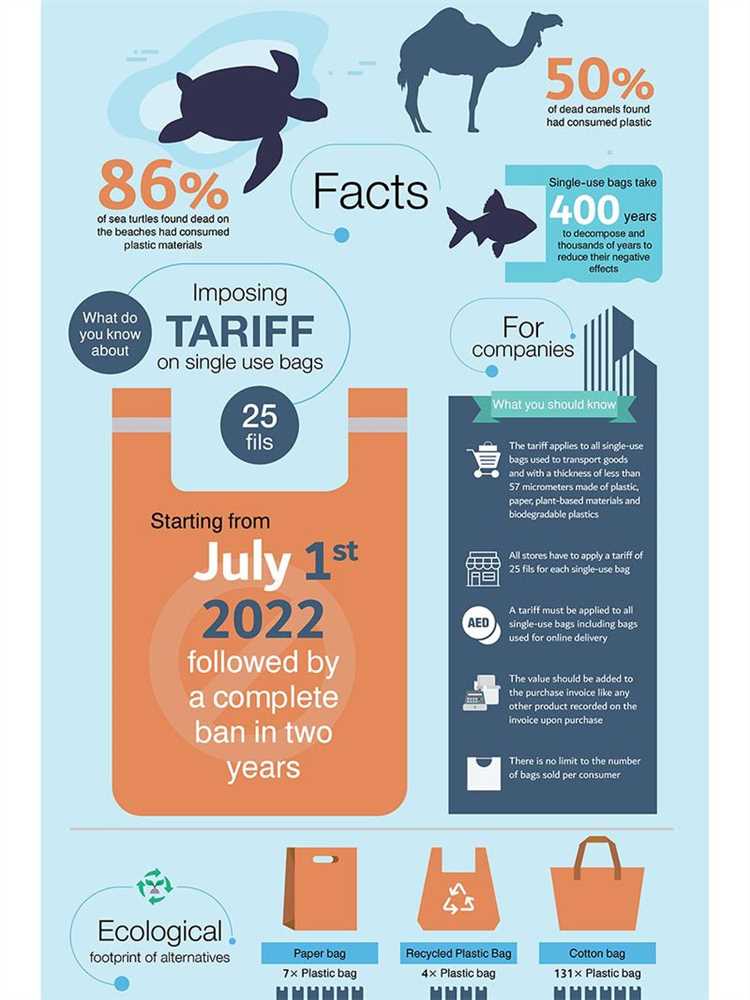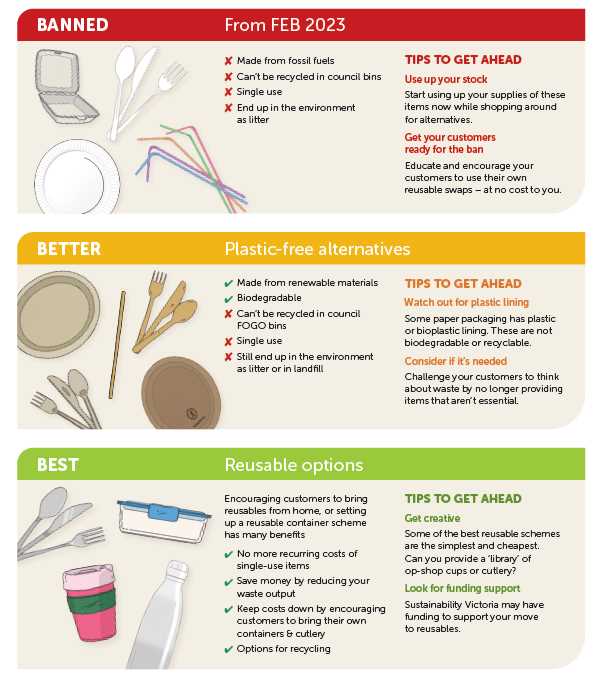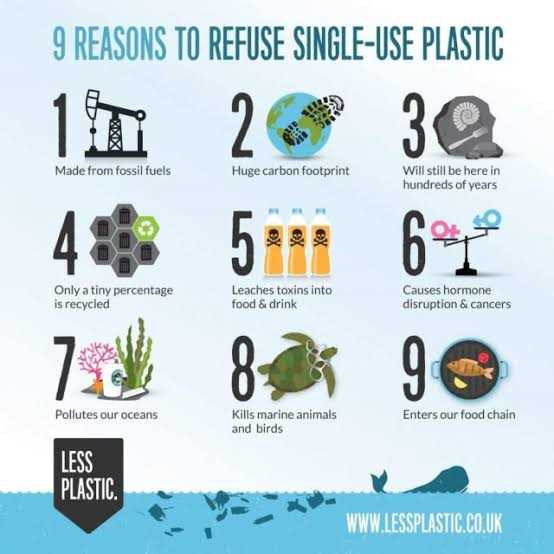In recent years, there has been a growing global movement to ban or restrict the use of single-use plastics. This has sparked debates among environmentalists, policymakers, and industry experts about the potential benefits and drawbacks of such measures. While the primary goal of these bans is to mitigate the environmental impact of plastic waste, it is important to consider who the beneficiaries of such initiatives are.
One of the main beneficiaries of plastic bans is undoubtedly the environment. Plastic pollution poses a significant threat to ecosystems, marine life, and human health. By reducing the production and consumption of single-use plastics, we can help prevent harmful plastic waste from entering our oceans, rivers, and landfills. This, in turn, protects the delicate balance of our planet’s ecosystems and preserves biodiversity for future generations.
Another important beneficiary of plastic bans is the economy. While the plastic industry may initially experience some negative consequences, such as job losses or decreased profits, there are significant economic opportunities that arise from transitioning to alternative materials and sustainable practices. The shift towards eco-friendly alternatives creates new industries and job opportunities in fields such as biodegradable packaging, recycling infrastructure, and waste management. Moreover, reducing plastic waste can lead to cost savings in terms of cleaning up and managing plastic pollution.
Lastly, individuals and communities also benefit from plastic bans. By reducing our reliance on single-use plastics, we can improve our own health and well-being. Plastic contains harmful chemicals that can seep into food and drinks, potentially causing serious health issues. Additionally, plastic waste often ends up in our neighborhoods, parks, and streets, diminishing the quality of life for residents. By embracing sustainable alternatives, we can create cleaner, healthier, and more livable environments for ourselves and future generations.
- Plastic Ban and Its Impact
- Environmental Organizations and Activists
- The Role of Environmental Organizations
- Efforts of Activists
- Public Health and Safety
- Local Businesses and Economy
- Q&A:
- Why is there a plastic ban?
- What are the beneficiaries of the plastic ban?
- How will the plastic ban affect businesses?
- What are the alternatives to plastic?
- Will the plastic ban solve all environmental problems?
- What is the purpose of the plastic ban?
Plastic Ban and Its Impact

The plastic ban has had a significant impact on various aspects of society and the environment. This ban aims to reduce the use and production of plastic, which has been causing detrimental effects on the planet.
One of the main impacts of the plastic ban is the decrease in plastic waste. By prohibiting the use of plastic bags, straws, and other single-use plastic items, there is a reduction in the amount of waste generated. This helps in mitigating the pollution and litter caused by plastic, especially in oceans and landfills.
The ban also encourages individuals and businesses to adopt more sustainable alternatives to plastic. This has led to an increase in the use of eco-friendly materials such as paper, glass, metal, and biodegradable plastics. These alternatives have a lesser impact on the environment as they can be easily recycled or decomposed.
Furthermore, the plastic ban has paved the way for innovation and entrepreneurship. With the need for sustainable packaging and alternative materials, many businesses have started developing eco-friendly products. This has created opportunities for new industries and job growth, contributing to the economy.
| Positive Impacts | Negative Impacts |
|---|---|
|
|
In conclusion, the plastic ban has had a significant impact on society and the environment. While it has resulted in positive outcomes such as the reduction of plastic waste and the promotion of sustainable alternatives, there are also some challenges that need to be addressed. Overall, the plastic ban is a crucial step towards a more sustainable future.
Environmental Organizations and Activists

Environmental organizations and activists are among the key beneficiaries of a plastic ban. These organizations have been at the forefront of the battle against plastic pollution and have campaigned tirelessly for stricter regulations and bans on single-use plastics.
One of the main benefits of a plastic ban for environmental organizations is the increased public awareness and support for their cause. When governments take action against plastic waste, it helps to raise awareness about the detrimental effects of plastic pollution on the environment and human health. This leads to an increased interest in and support for the work of environmental organizations, as people are more motivated to join and support their efforts.
The Role of Environmental Organizations

Environmental organizations play a crucial role in promoting sustainable alternatives to plastic and educating the public about the importance of reducing plastic consumption. They advocate for the development and implementation of policies and laws that support the reduction, reuse, and recycling of plastics.
These organizations also conduct research and publish reports on plastic pollution and its impact on ecosystems. They use this information to influence policymakers and push for stronger regulations and bans on plastic. The implementation of a plastic ban validates the efforts of these organizations and helps to create a sense of urgency around the issue.
Efforts of Activists
Activists are an integral part of the movement to ban plastic. They organize protests, marches, and awareness campaigns to draw attention to the issue and put pressure on businesses and governments to take action.
Through their advocacy work, activists have been successful in getting plastic bans enacted in many cities and countries around the world. These bans have led to a significant reduction in plastic waste and have inspired other regions to follow suit.
The plastic ban not only benefits environmental organizations and activists directly, but it also helps to protect the ecosystems and wildlife that are greatly affected by plastic pollution. By reducing the production and use of plastics, we can create a cleaner and healthier environment for current and future generations.
In conclusion, environmental organizations and activists are key players in the fight against plastic pollution. The plastic ban not only strengthens their cause but also helps to raise public awareness and support for their efforts. By working together, we can make a significant impact in reducing plastic waste and protecting our environment.
Public Health and Safety
One of the main beneficiaries of a plastic ban is public health and safety. Plastic pollution presents a significant threat to human health, as well as the environment. By reducing or eliminating the use of single-use plastics, governments and communities can mitigate these risks and create a safer and healthier living environment.
- Reduced Exposure to Toxic Chemicals: Many single-use plastics, such as water bottles, food containers, and packaging materials, contain toxic chemicals that can leach into the environment and contaminate water and food sources. By banning these products, people will be less exposed to harmful substances, reducing the risk of health complications.
- Cleaner Air Quality: Plastic production and incineration release various pollutants and greenhouse gases into the atmosphere, contributing to air pollution and climate change. Implementing a plastic ban will help improve air quality, reducing the respiratory problems and health issues associated with pollution.
- Protection of Wildlife: Plastic waste, especially in marine environments, poses a significant threat to marine life. Animals can mistake plastic for food, leading to ingestion and entanglement, which often results in injury or death. By banning plastic, we can protect wildlife and preserve natural ecosystems.
- Prevention of Accidents: Improper disposal of plastic waste can lead to accidents, especially when it comes to single-use plastic bags. These bags can get stuck in drainage systems, leading to flooding, or wrap around machinery, causing malfunctions and hazards. With a plastic ban in place, the risk of such accidents can be significantly reduced.
Overall, a plastic ban prioritizes public health and safety by reducing exposure to toxic chemicals, improving air quality, protecting wildlife, and preventing accidents. It is a crucial step towards creating a healthier and safer environment for present and future generations.
Local Businesses and Economy
The implementation of a plastic ban can have a positive impact on local businesses and the economy. By banning single-use plastic products, local businesses have an opportunity to offer alternative eco-friendly products to consumers. This presents a chance for businesses to innovate and tap into the growing market demand for sustainable alternatives.
Local businesses can benefit from the plastic ban by promoting their products as environmentally friendly and gaining a competitive edge over businesses that continue to use plastic. This can attract eco-conscious consumers who are willing to support companies that align with their values.
In addition, the plastic ban can stimulate the local economy by encouraging the production and use of alternative materials. This can create job opportunities in industries related to the production and distribution of eco-friendly products. Local businesses that switch to eco-friendly practices may also see cost savings in the long run by reducing their reliance on plastic and adopting more sustainable options.
Moreover, the plastic ban can have an indirect positive impact on the tourism industry, which is often crucial for local economies. Many tourists are attracted to destinations that prioritize environmental sustainability and eco-friendly practices. By implementing a plastic ban, local businesses can enhance the overall appeal of their area to tourists, leading to increased tourism revenue and economic growth.
Overall, the plastic ban presents an opportunity for local businesses to contribute to environmental sustainability and thrive in a market that values eco-friendly alternatives. By promoting and adopting sustainable practices, businesses can not only benefit financially but also help build a more sustainable and resilient local economy.
Q&A:
Why is there a plastic ban?
The plastic ban aims to reduce the harmful impact of plastic on the environment and human health. Plastic waste is non-biodegradable and often ends up in oceans and landfills, causing pollution and endangering wildlife.
What are the beneficiaries of the plastic ban?
The beneficiaries of the plastic ban are the environment, wildlife, and human health. By reducing the use of plastic, we can protect ecosystems, prevent pollution, and promote a healthier living environment for everyone.
How will the plastic ban affect businesses?
The plastic ban will have different effects on different businesses. Some businesses that rely heavily on plastic packaging may need to find alternatives or change their business models. However, the plastic ban also opens up opportunities for new businesses that offer eco-friendly alternatives and solutions.
What are the alternatives to plastic?
There are many alternatives to plastic, including biodegradable materials, reusable containers, and paper or cardboard packaging. Some examples of alternatives are glass bottles, metal straws, cloth bags, and compostable packaging made from natural materials.
Will the plastic ban solve all environmental problems?
No, the plastic ban alone will not solve all environmental problems. It is just one step towards reducing pollution and protecting the environment. Other measures, such as recycling and proper waste management, are also necessary to achieve a more sustainable future.
What is the purpose of the plastic ban?
The purpose of the plastic ban is to reduce the environmental impact of plastic waste by reducing its production and consumption. It aims to promote the use of more sustainable alternatives and protect ecosystems and wildlife from the harmful effects of plastic pollution.